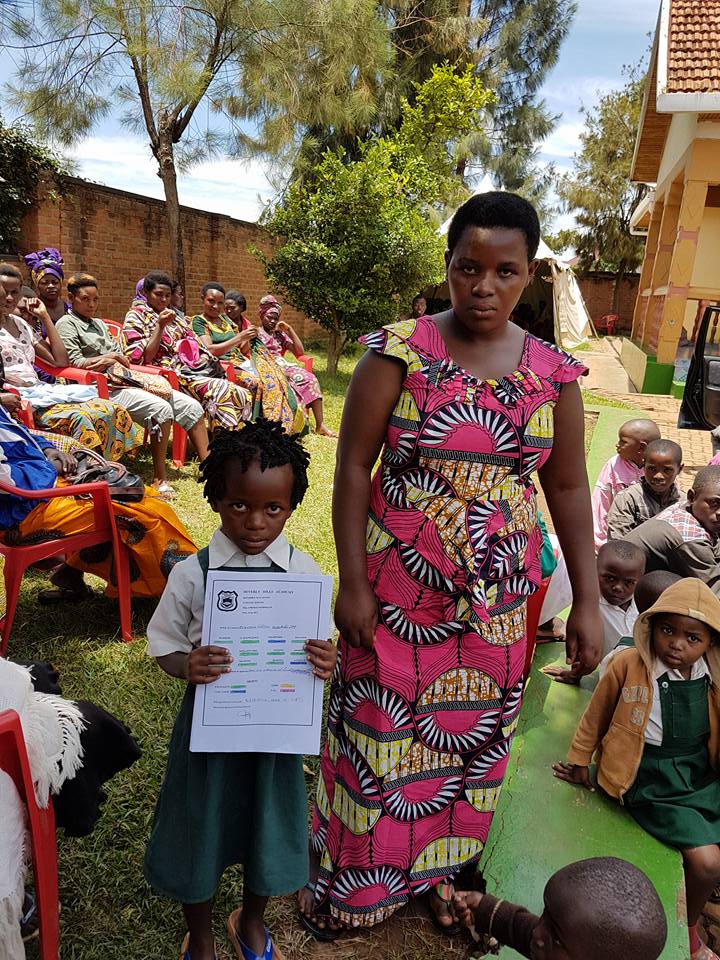ECD is an integrated concept that cuts across multiple sectors; including health and nutrition, education, and social protection and refers to the physical, cognitive, linguistic, and socio-emotional development of young children. The definition of ECD includes children up to age 8 on the premise that a successful transition to primary school depends not only on the child’s school readiness, but also on the readiness of schools to adapt to the specific needs of young learners in the early grades.
 According to research on the subject, it is clear that children who participate in preschool programmes are more likely to have better language, verbal and arithmetic skills, and consistently higher reading and cognitive achievement scores. Such children often get more interested in formal schools upon enrolment into primary school; are more motivated to learn and to complete assignments and are more likely to have long term academic success.
According to research on the subject, it is clear that children who participate in preschool programmes are more likely to have better language, verbal and arithmetic skills, and consistently higher reading and cognitive achievement scores. Such children often get more interested in formal schools upon enrolment into primary school; are more motivated to learn and to complete assignments and are more likely to have long term academic success.
However, many children from poor families are denied this right because enrolling to these preschools is expensive and many low income parents can’t afford to pay for the service thus will wait till when the children are old enough to enroll in the primary school.
MCDC strives to empower women through helping them create decent jobs so they can be able to pay for the services.